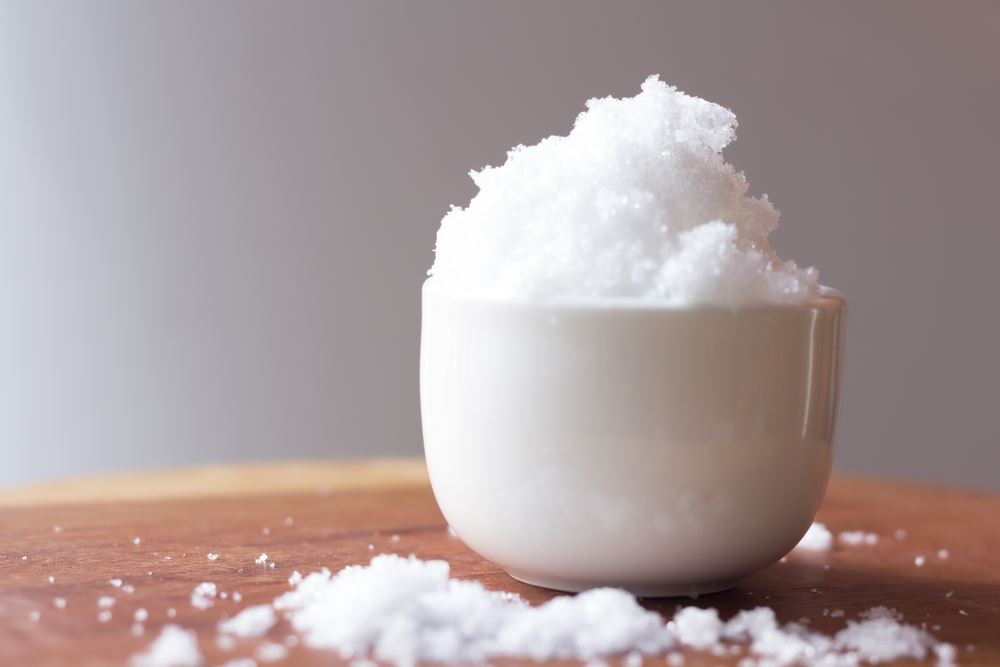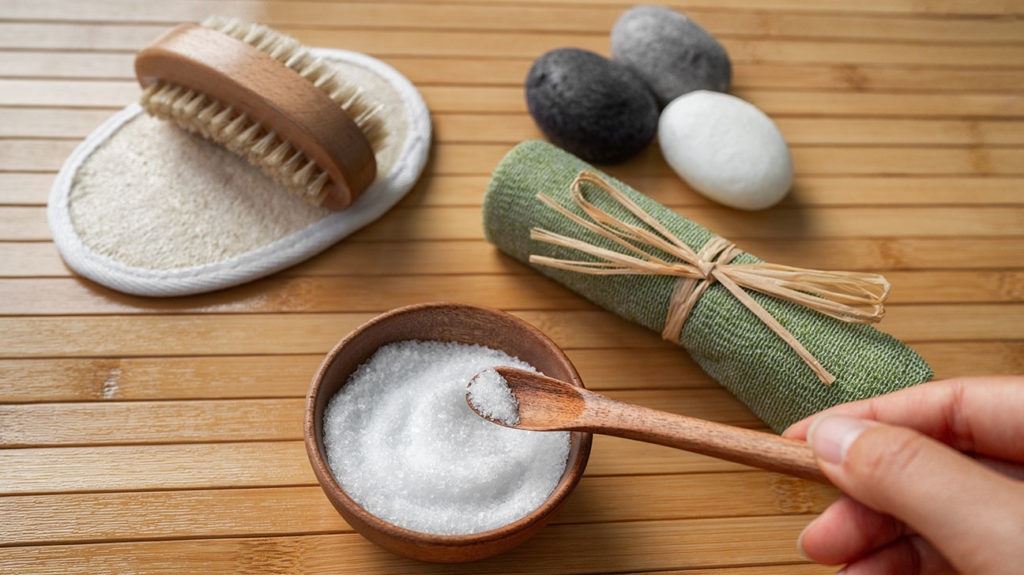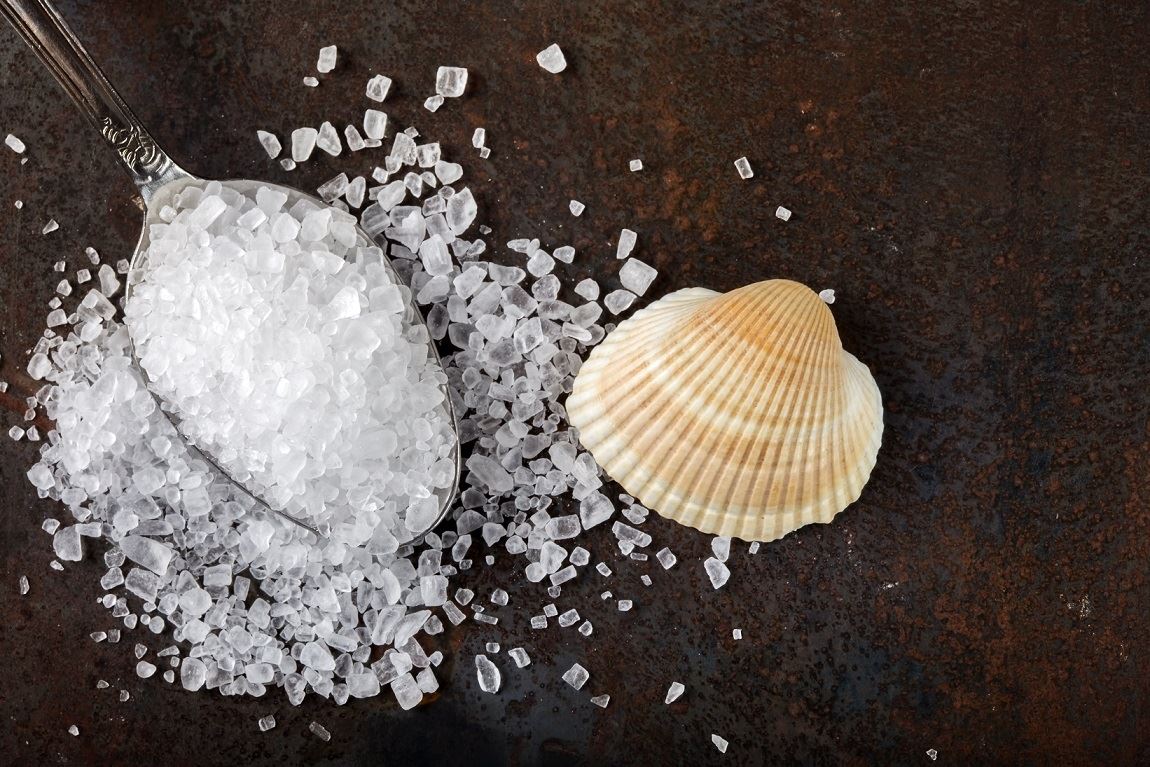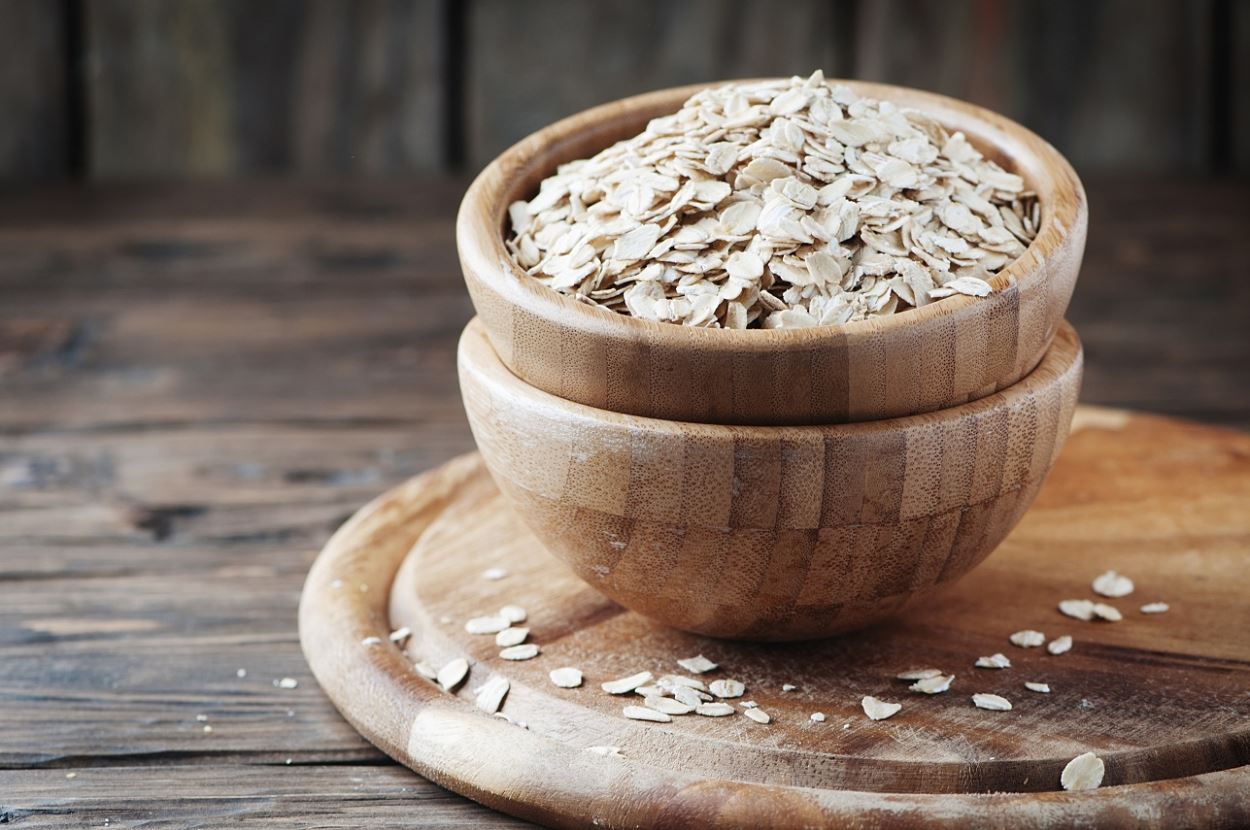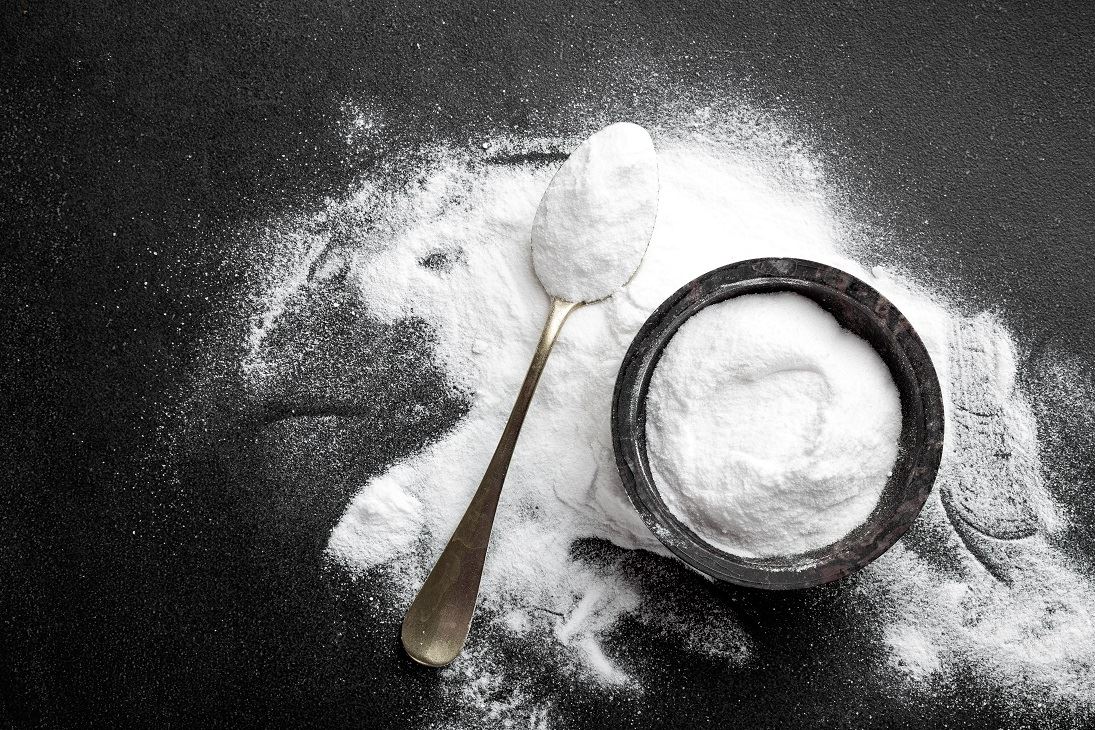Epsom Salt: What Is a Substitute for Epsom Salt?
2020-11-19(253500)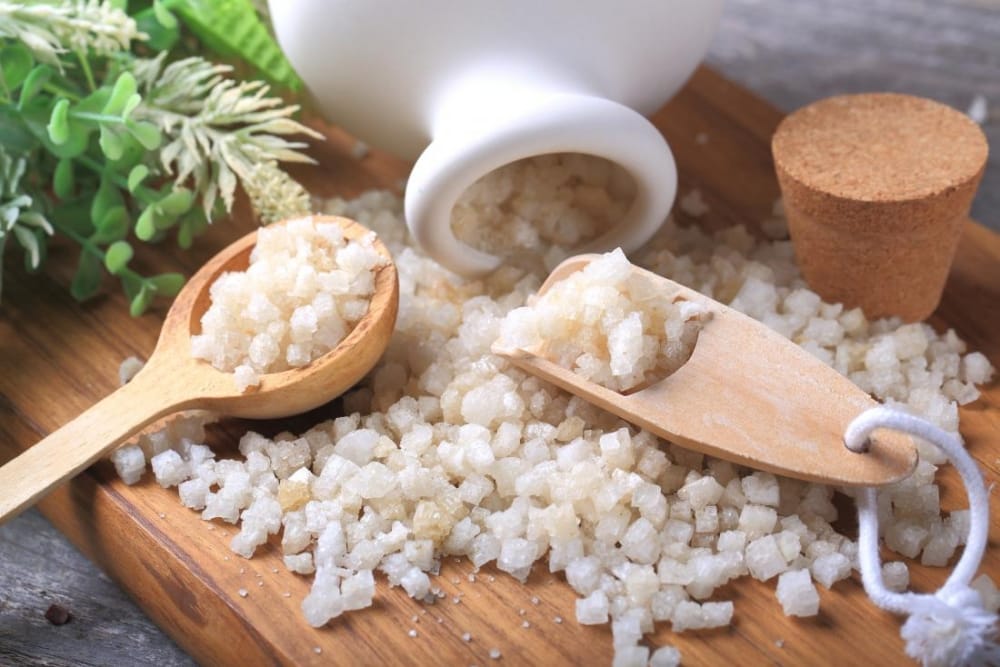
Epsom salt has many applications varying from natural exfoliation to sore muscle-soothing; however, Epsom salt’s most popular usage is bath salt. It is claimed to detoxify the body and relax tired and aching muscles. Epsom salt is not only used as a bath salt, but it is also used in beauty products like salt scrubs for its exfoliating properties.
If you are out of Epsom salt and looking for its alternatives, you should consider the purpose of use first. Epsom salt substitutes differentiate in their properties and use. In this article, as Koyuncu, Turkey’s largest salt producer, we will tell you the natural ingredients you can use as substitutes for Epsom salt.
Epsom Salt Definition
We will discuss the question, “what is a substitute for Epsom salt?” but first, we need to clarify what Epsom salt is. Epsom salt, also known as magnesium sulfate, is a chemical compound, a type of mineral compound made up of magnesium, sulfur, oxygen. It has a white, solid, crystalline structure that is soluble in water.
Epsom salt has a similar appearance to table salt, but they taste entirely different. Moreover, Epsom salt is commonly referred to as “bath salt” and is often used to treat ailments.
How Does It Work?
The benefits of Epsom salt are not well-researched and there is no crystal clear evidence; however, Epsom salt is used to treat ailments such as constipation, insomnia, and sore muscles for centuries by many people. As we stated above, Epsom salt dissolves in water and releases magnesium and sulfate ions into the water.
One idea of how using Epsom salt in baths is beneficial is that the released magnesium and sulfate can be absorbed through the skin. Epsom salts are commonly used in bathwater. Epsom salt can also be used as a foot soak and skin exfoliator. If you are having trouble finding Epsom salt, you can use Epsom salt alternatives as well.
What Is a Substitute for Epsom Salt?
Knowing the benefits of Epsom salt, we can get to the question, “what is a substitute for Epsom salt?” There are different types of Epsom salt substitutes but finding a suitable one depends on the purpose of use. It is important to choose an Epsom salt alternative that addresses your needs.
Not all Epsom salt substitutes address the same issues. For example, if you wish to use Epsom salt for its exfoliating properties, then you need a substitute that has similar properties. Below, you can find different Epsom salt substitutes that you can use for varying purposes.
1. Sea Salt as Bath Salt and Foot Soak
What is a good substitute for Epsom salt? Sea salt is. If you use Epsom salt for its natural soothing and exfoliating properties, sea salt is an excellent Epsom salt alternative. Just like Epsom salt, sea salt can also be used as a bath salt and foot soak salt.
Sea salt exfoliates the dead skin, oil, and grime from the body. It makes the skin soft and smooth. It works well as a natural solution to dry and scaly skin. Besides, sea salt relaxes the sore muscles and soothes the body.
Although sea salt can be used as an Epsom salt substitute, there are certain differences. Check out our article, “What Is The Difference Between Epsom Salt and Sea Salt,” to learn more.
2. Essential Oils for Foot Soak
One of the popular usage areas of Epsom salt is as a foot soak. Epsom salt releases magnesium sulfate when dissolved in water, which can have easing effects on sore foot muscles and limbs. What is a substitute for Epsom salt as a foot soak? Essential oils can be used as an Epsom salt alternative.
The relaxing properties of Epsom salts can be mimicked with essential oils. Essential oils like tangerine and peppermint oil are beneficial to soothe tired feet muscles. Adding a few drops of essential oils to warm water can help you ease your foot soreness. Although essential oils are a good Epsom salt substitute, they do not provide the natural exfoliating values that Epsom salt has.
3. Apple Cider Vinegar
Thanks to its cleansing properties, Epsom salt is also used to remove the product buildup from hair. Overuse and constant use of hair products build up on hair and scalp, which damages the hair and makes it lose its shine and natural moisture.
Epsom salt mixed with water and lime juice can be used as a final rinse for hair to make it smooth and shiny. So, if you are asking, “what can I use in place of Epsom salt for hair cleansing purposes,” apple cider vinegar is an excellent Epsom salt alternative. You can use apple cider vinegar diluted in water as a final rinse for your hair after it has been shampooed. It helps to remove the product buildup from hair.
4. Oatmeal
We have mentioned the natural exfoliating properties of Epsom salt. So, what is a good substitute for Epsom salt for skin exfoliation purposes? The answer is an oatmeal paste. To make the exfoliating oatmeal paste:
● Mix a tablespoon or two of oatmeal with sufficient water (not too much)
● Make sure it becomes a thick paste.
You can use this Epsom salt alternative paste to gently scrub your skin and get rid of excessive oil, dirt, and grime.
5. Baking Soda
Baking soda, also known as sodium bicarbonate, can be used as an Epsom salt alternative as well. Baking soda is not only used for therapeutic purposes as well as a remedy for sunburn and itchy skin but also to ease sore muscles by adding into baths. A bath with baking soda can be detoxifying and soothing.
What Is Epsom Salt Good For?
Although there is not enough evidence, Epsom salt is commonly known to have some health benefits. According to claims, Epsom salt;
● Provides magnesium
● Reduces stress
● Helps with constipation
● Promotes sleep
● Reduces muscle pains and swelling
Lastly, Epsom salt is not recommended to take by mouth. It may cause serious side effects when used incorrectly.
The Epsom salt substitutes given above can work well when you run out of Epsom salt. You can also consider storing Epsom salt in case you might need it in the long term. Do you know how to store salt correctly? You can find out by reading our article Why and How to Store Salt on Long Term.




